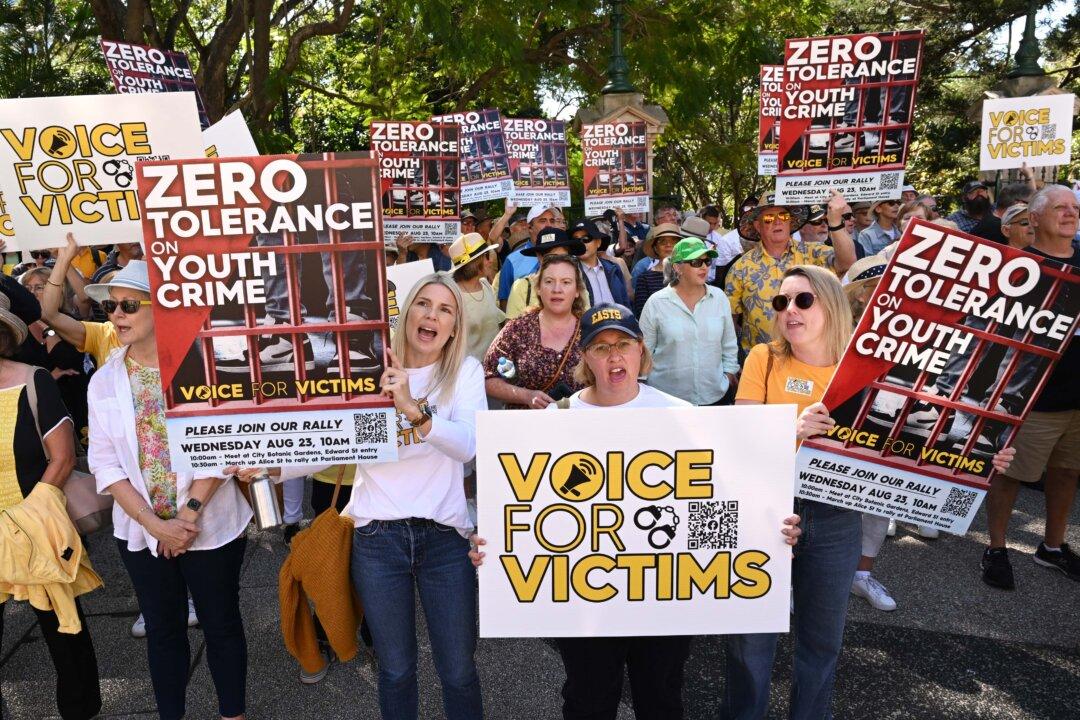A month after Booktopia said it was arranging $1 million (US$668 million) in emergency funding—and its shares collapsed to just 6 cents—the major online bookseller has collapsed and entered voluntary administration.
When it first signalled it was in trouble on June 3 this year, the bookseller announced its chief executive was departing, and it was withdrawing its earning forecasts.





